Whether you’re a beginner looking to dive into sewing or an experienced seamstress upgrading your equipment, choosing the right sewing machine is essential to your craft. With advancements in technology, modern sewing machines come packed with features that make sewing more efficient and enjoyable. In this guide, we’ll explore the key features to look for, review some of the best sewing machines available in 2024, and provide tips for maintaining your machine.
Why Choosing the Right Sewing Machine Matters
Investing in a quality sewing machine can make a world of difference in your sewing projects. A good machine can help you:
- Improve Stitch Quality: Precision stitching is vital for clean, professional-looking finishes.
- Save Time: Advanced features like automatic threading, programmable stitches, and buttonhole settings can speed up your sewing projects.
- Reduce Frustration: A well-made machine reduces the chance of thread jams, broken needles, or skipped stitches, making sewing more enjoyable.
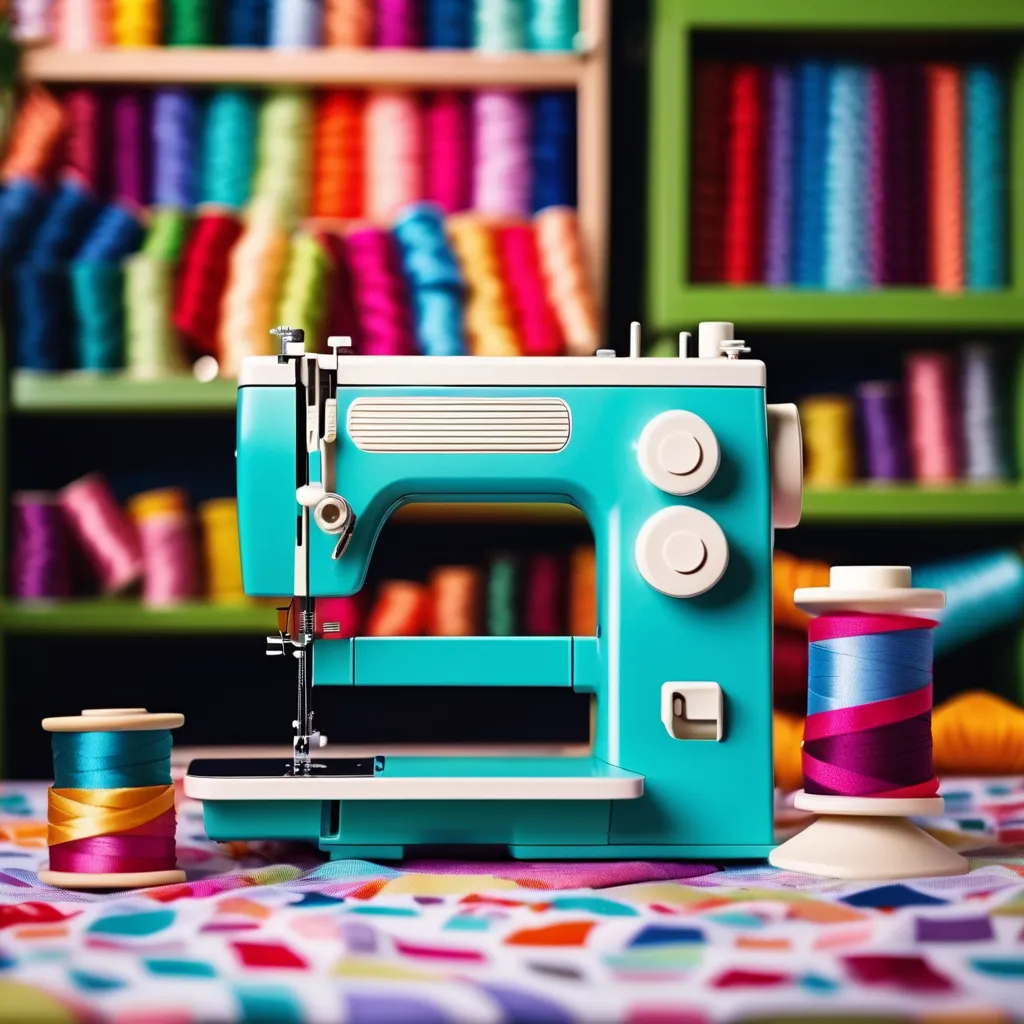
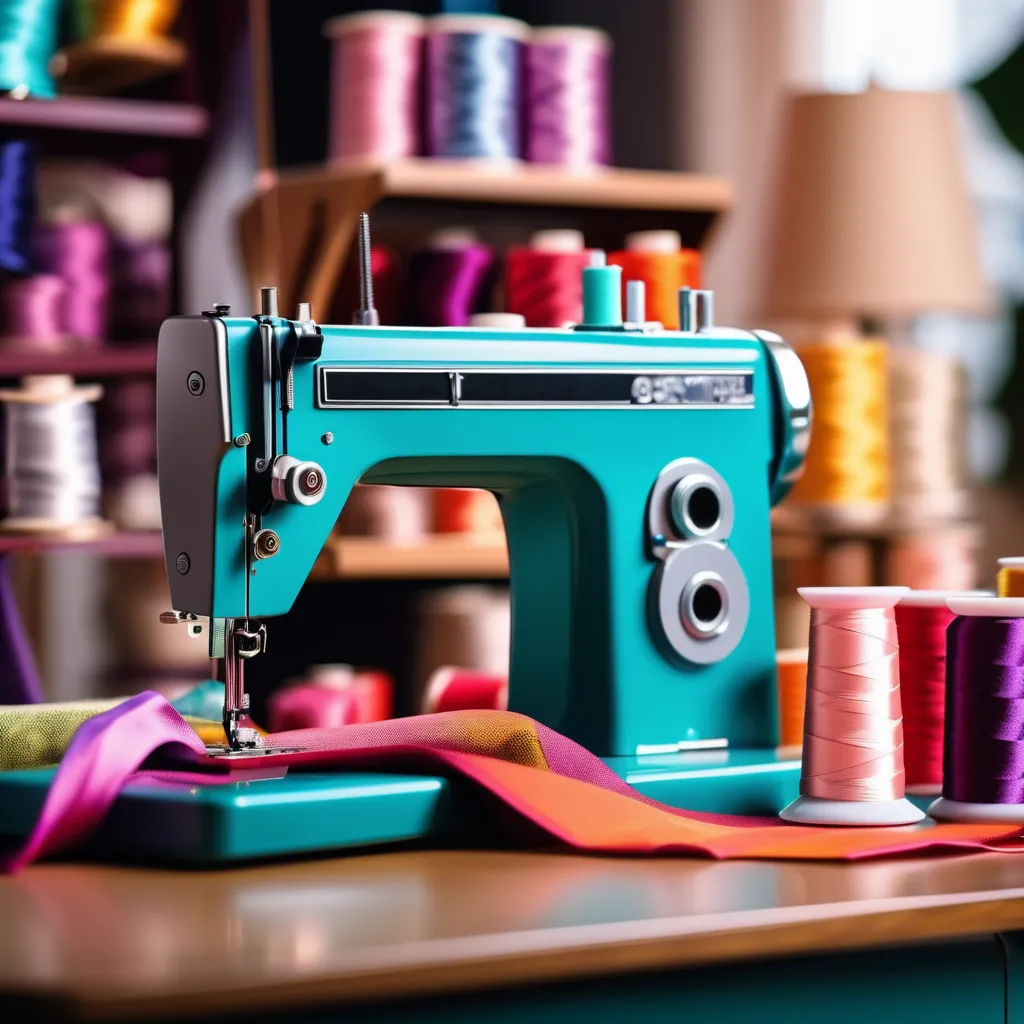
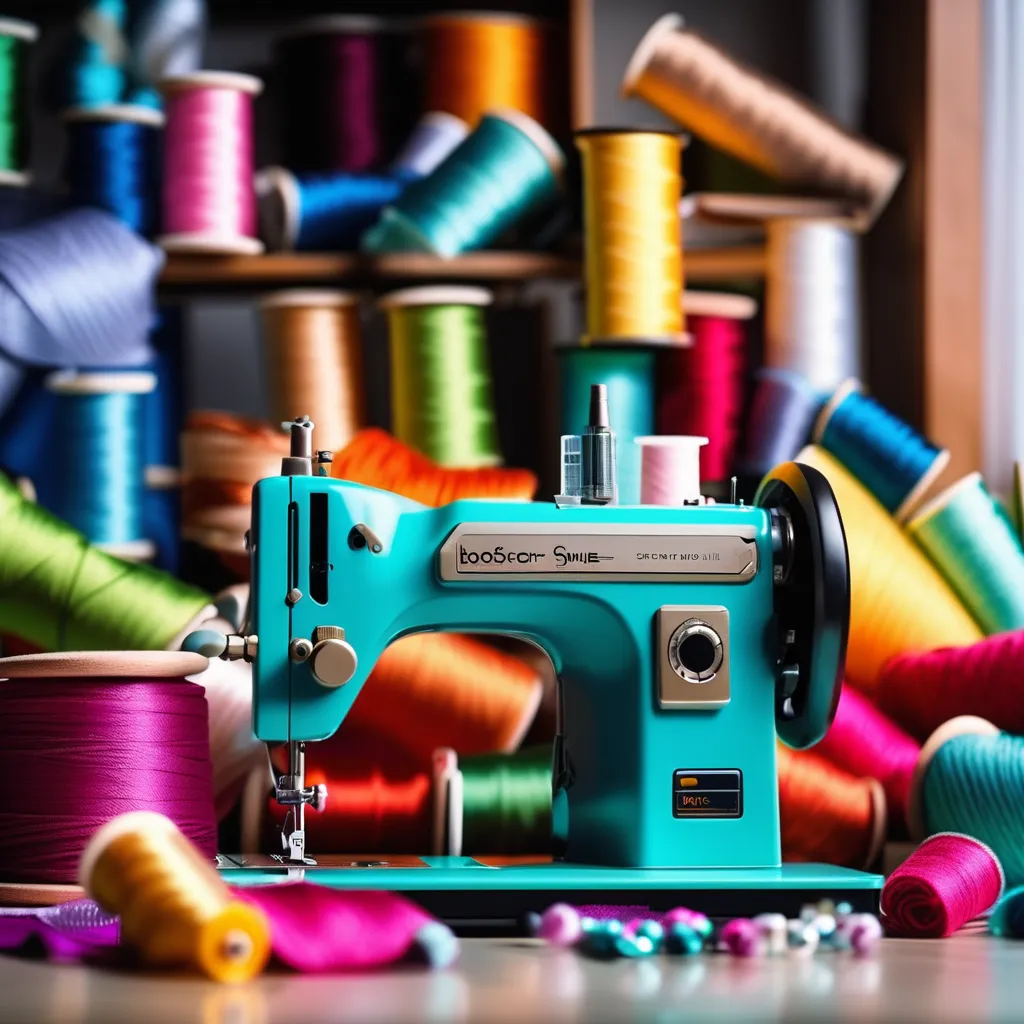
Types of Sewing Machines
Before diving into the reviews, it’s important to know what type of sewing machine will suit your needs:
- Mechanical Sewing Machines
These basic machines require manual operation, and while they may lack advanced features, they’re highly durable and easy to maintain. They’re perfect for beginners or those who prefer simplicity. - Electronic Sewing Machines
Equipped with motors that control the needle and presser foot, electronic sewing machines offer more precision and versatility. They often come with several built-in stitches,
and programmable options, making them a good fit for both beginners and intermediate sewers.
- Computerized Sewing Machines
The most advanced type, these machines are equipped with digital displays and can store various stitch patterns. They often have features like automatic thread cutting, programmable embroidery designs, and USB connectivity for downloading new patterns. - Embroidery Machines
Designed for intricate embroidery work, these machines come with specialized attachments and built-in patterns. They are perfect for adding custom designs to clothes, accessories, or home décor.
Top 5 Sewing Machines for 2024
- Brother CS7000i Sewing and Quilting Machine
- Best For: Beginners and intermediate sewers.
- Why We Love It: The Brother CS7000i is a versatile and affordable sewing machine that’s easy to use. It comes with 70 built-in stitches, a detachable wide table for quilting, and an automatic needle threader.
- Explore more about Brother CS7000i.
- Singer Heavy Duty 4452 Sewing Machine
- Best For: Heavy-duty fabrics like denim and canvas.
- Why We Love It: With a powerful motor and stainless steel bedplate, the Singer Heavy Duty 4452 can sew through thick fabrics effortlessly. It includes 32 built-in stitches and an extra-high sewing speed.
- Read reviews on the Singer Heavy Duty 4452.
- Janome 4120QDC Computerized Sewing Machine
- Best For: Quilting and advanced projects.
- Why We Love It: The Janome 4120QDC offers precision with its 120 built-in stitches and an intuitive LCD screen. It’s lightweight, making it perfect for transporting to quilting classes.
- Learn more about Janome 4120QDC.
- Bernina 535 Sewing Machine
- Best For: Professional-grade projects.
- Why We Love It: Known for its precision and durability, the Bernina 535 offers advanced stitch control and a high-speed motor. It includes embroidery capabilities, making it ideal for professionals.
- Discover the Bernina 535 features.
- Brother SE1900 Sewing and Embroidery Machine
- Best For: Sewing and embroidery combined.
- Why We Love It: The Brother SE1900 offers 240 built-in stitches and 138 built-in embroidery designs, making it perfect for those looking to combine sewing with embroidery. Its large LCD touch screen simplifies navigation between designs.
- Check out Brother SE1900.
Key Features to Look for in a Sewing Machine
When choosing the right sewing machine, consider the following features:
- Built-in Stitches: Depending on your needs, choose a machine with a variety of built-in stitches for different sewing techniques (straight, zigzag, decorative, etc.).
- Automatic Needle Threader: This feature saves time and frustration by threading the needle for you.
- Buttonhole Settings: Many modern machines offer automatic or one-step buttonhole features, making it easy to create consistent buttonholes for garments.
- Presser Feet Options: Machines that come with multiple presser feet (such as for zippers, buttonholes, or quilting) allow you to handle a wider range of projects.
- Speed Control: For beginners, a machine with adjustable speed control can be very useful, especially for intricate work.
- Drop Feed: Ideal for quilting and free-motion embroidery, the drop feed feature lets you control fabric movement manually.
Sewing Machine Maintenance Tips
Maintaining your sewing machine is essential for ensuring smooth operation and longevity. Here are some tips to keep your machine running efficiently:
- Regular Cleaning: Remove lint and dust after every project, especially in the bobbin area, to prevent jams and tension issues.
- Oil the Machine: If your machine requires oiling, follow the manufacturer’s instructions to lubricate moving parts. This reduces wear and tear.
- Replace Needles Frequently: Dull needles can cause skipped stitches and damage fabric. Replace your needle after every major project.
- Annual Servicing: Take your machine for professional servicing once a year to check its alignment, tension, and overall performance.
Sewing Machine Accessories You Should Own
Having the right accessories can make a big difference in your sewing projects. Here are a few essentials every sewist should have:
- Extra Bobbins: Keep plenty of bobbins on hand in different colors to match your threads.
- Seam Ripper: A sharp seam ripper is crucial for fixing mistakes without damaging fabric.
- Measuring Tape: A flexible measuring tape helps ensure accurate measurements for garments and projects.
- Presser Feet Variety Pack: Invest in extra presser feet for zippers, buttons, and quilting.
- Fabric Scissors: A sharp pair of fabric scissors ensures clean cuts and prevents fraying.
Frequently Asked Questions
How much should I spend on a sewing machine?
This depends on your level of experience and how often you plan to use the machine. Beginners can find great options for under $200, while experienced sewists and professionals may invest in machines that cost $500 or more for advanced features and durability.
Can I use a sewing machine for quilting?
Yes! Many modern machines are designed for quilting as well as standard sewing. Look for machines with a wide table, free arm, and specialized presser feet to handle thick layers of fabric.
Do computerized sewing machines require a lot of maintenance?
While they have more advanced features, computerized machines typically don’t require more maintenance than mechanical models. However, regular cleaning and servicing are still important to keep the machine running smoothly.
Conclusion
Choosing the right sewing machine is a crucial decision for anyone serious about sewing. Whether you’re a beginner looking for an easy-to-use model or a professional in need of advanced features, the market in 2024 offers plenty of excellent options. The models listed above provide versatility, durability, and precision, ensuring that your sewing projects turn out beautifully. By considering the features that matter most to you, you’ll find the perfect sewing machine to suit your needs and fuel your creativity.
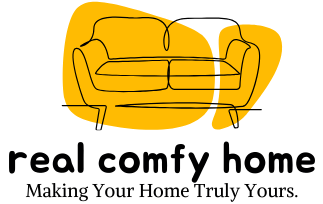

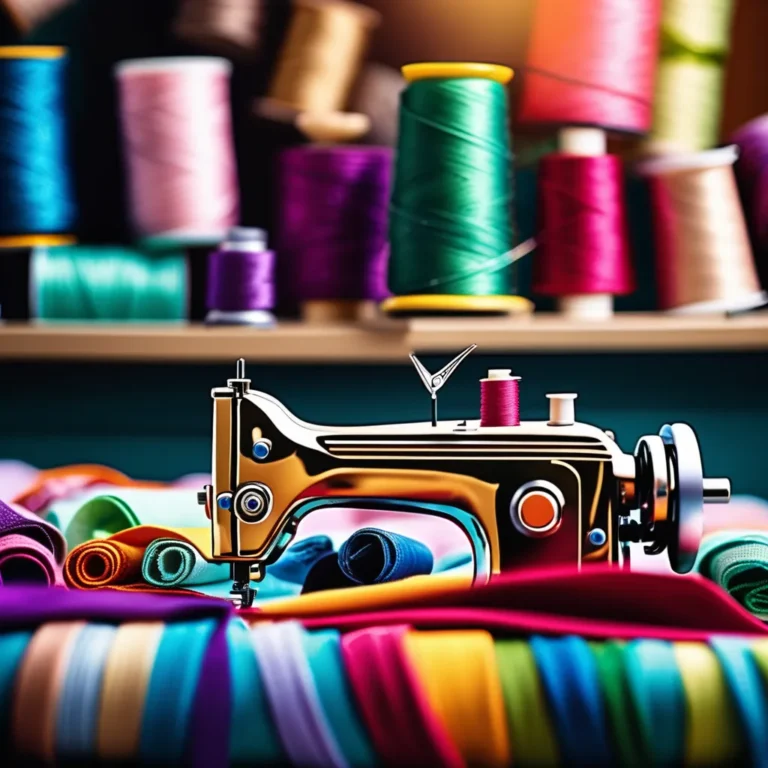
1 Comment
Pingback: The Best Jewelry to Have for Work: Elevate Your Professional Style - realcomfyhome.com